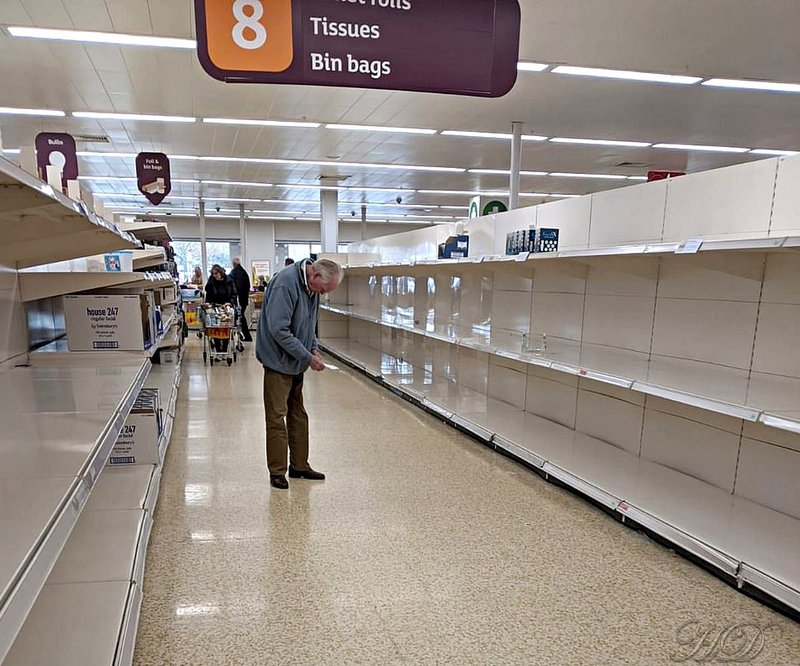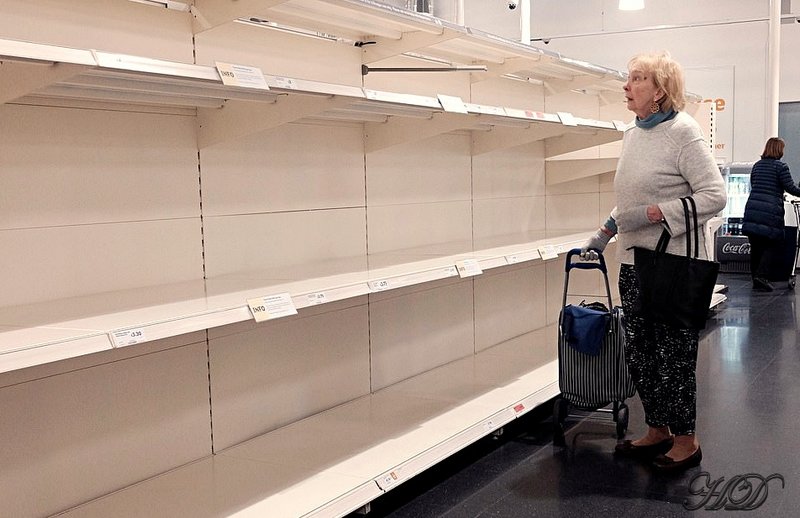EMP's is something new (last decade). So from the standpoint of crisis management, we really don't look at the cause, unless it has the ability to escalate. We always focus on the impact first. Our first assessment is going to be 'can this crisis get bigger'? If the answer is yes, then typically first responders are working on that aspect. If the event has had its full impact, then other teams get involved to mitigate and residual risks.
Back to EMPs. These tend to be temporary in nature and and have a specific impact from a geographical perspective. Loss of power is the event (cause). Impact is the effect. That is what crisis teams deal with, impacts. First and foremost is to get government communications up and running as quickly as possible.
For long term communication outages, there are government programs (can't talk about them) to quickly give first responder the ability to communicate again(Police, fire, EMT, etc.)
Next is working on critical power to hospitals, police and fire stations, infrastructure power, and functions to support wide swaths of citizens for life safety.These are already identified by power companies and they are prioritized in the restoration process.
So, EMPs...ya, they are a threat, but dealing with them is the same as a power outage. Because this is an untested type of event, there will be many playbooks rewritten if one would occur.




